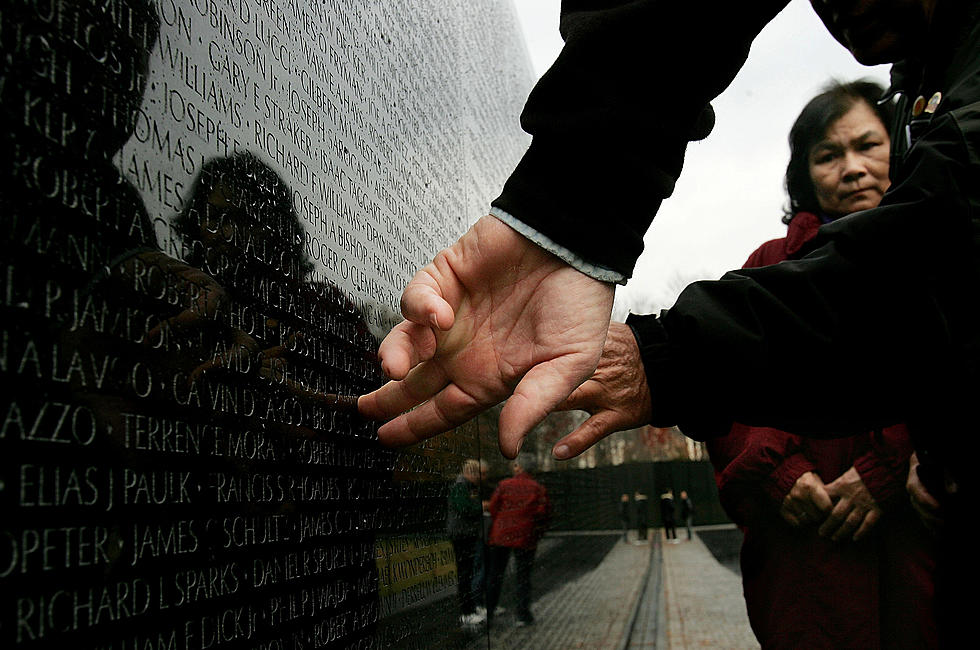
August 14, August 15 or September 2 – Which Is True VJ Day and Real Anniversary of End to War II?
VJ Day means "Victory In Japan Day or "Victory Over Japan Day" and it won't actually be celebrated in the United States until September 2, but even 68 years later there is still much confusion about which actual day is the true VJ Day marking the end to World War II. History buffs all agree that the confusion was actually brought on by President Harry S. Truman and the series of events that marked the end of the war and the surrender of Japan.
The war in the Pacific was hard fought and bloody. The tide had definitely turned and the U.S. military was fighting island by island towards Japan. Resistance was fierce and casualties on both sides were high.
The U.S. had developed the atomic bomb and was anxious to end the war, and stop the loss of American lives.
With that in mind, on August 6th, 1945, the United States military dropped an atomic bomb over the city of Hiroshima, Japan in an effort to force Japan into an immediate, unconditional surrender. Instead of immediately surrendering, the Japanese government debated what to do.
So, the U.S. dropped a second atomic bomb on August 9, 1945 over the city of Nagasaki, Japan.
Then on August 14, 1945, Japanese Emperor Hirohito cabled Japan's surrender to the U.S., and agreed to the terms of the Potsdam Declaration.
However, it wasn't until August 15, 1945, that news of the surrender was announced to the world. World War II was finally over.
Then, on September 2, 1945, the Japanese formally surrendered aboard the U.S. battleship USS Missouri in Tokyo Bay. President Truman declared this to be V-J Day.
Regardless of which day was the "true" end to the war, August 14, 15 or September 2, I feel I speak for all of us when I say that we owe our very lives and our American way of life to the brave souls who fought and died for us and that our country might never have to endure another war of this magnitude.
More From KISS Country 93.7




![War From the Lens and The Letter of a Soldier Gives Us All New Perspective [VIDEO]](http://townsquare.media/site/155/files/2013/12/War.jpg?w=980&q=75)




